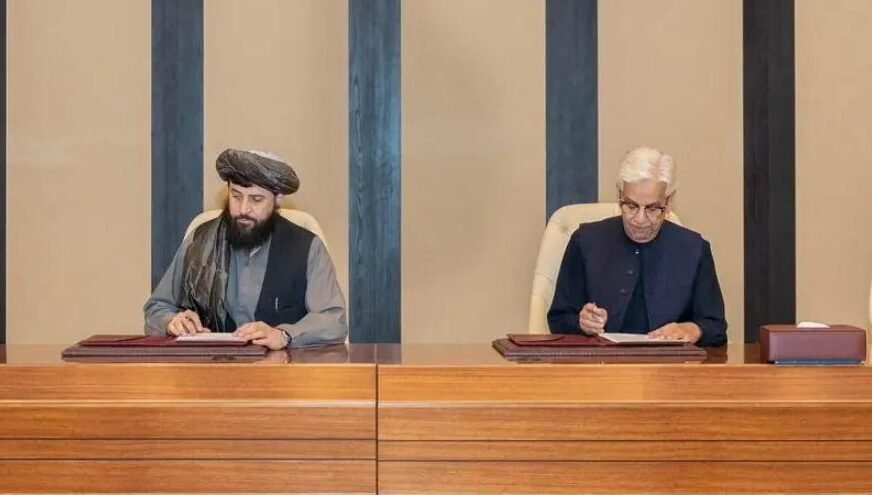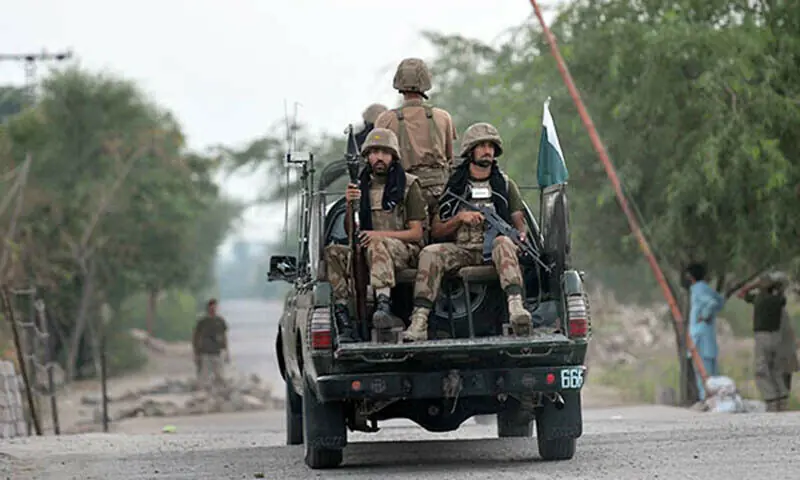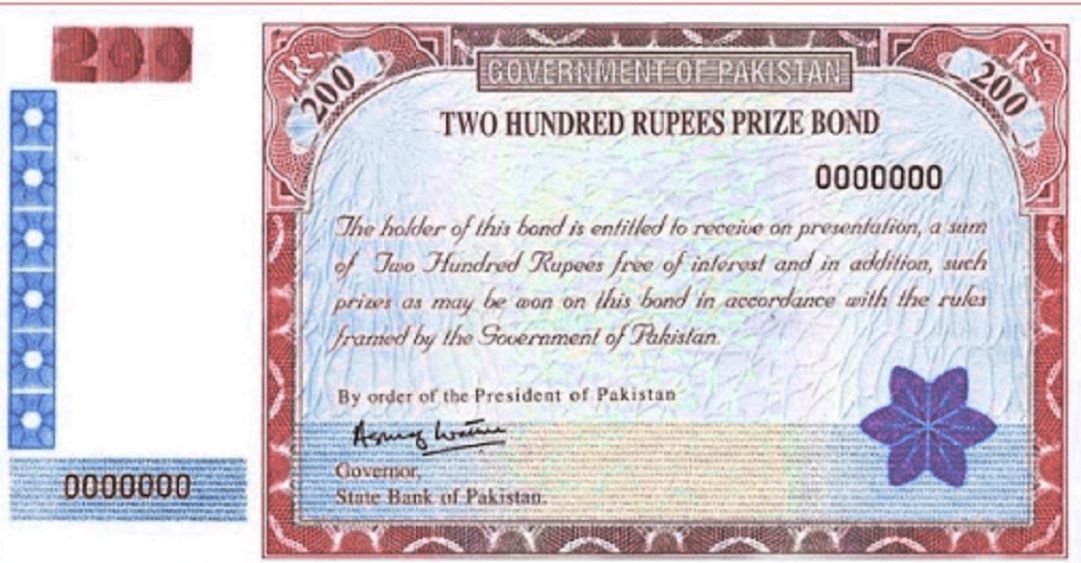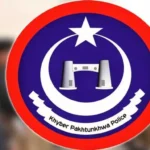ISTANBUL: The second round of Pakistan-Afghanistan talks commenced in Istanbul on Saturday, with Islamabad urging the establishment of a “concrete and verifiable” mechanism to monitor the Afghan Taliban’s actions against cross-border terrorism.
The Istanbul meeting follows the first round of discussions held in Doha from October 18–19, co-mediated by Qatar and Turkiye. The Doha dialogue, which took place amid heightened border tensions, resulted in a breakthrough — extending an initial 48-hour truce into a permanent ceasefire and paving the way for further negotiations in Istanbul focused on long-term peace and stability.
Agenda for peace
Afghan interim government spokesperson Zabihullah Mujahid stated that Deputy Interior Minister Mawlawi Rahmatullah Najeeb is leading the Afghan delegation. In a post on X, Mujahid said the meeting would address “remaining issues with Pakistan.”
Pakistan’s Foreign Office spokesperson, Tahir Hussain Andrabi, said on Friday that Islamabad aims to establish a verifiable monitoring framework in Istanbul to counter terrorism originating from Afghan soil. He stressed that Pakistan seeks cooperation, not confrontation, and called on the Taliban to “honour their commitments to the international community and address Pakistan’s legitimate security concerns.”
Officials noted that the discussions are expected to define cross-border terrorism, outline verification mechanisms for violations, and create procedures for dispute resolution through continued engagement.
Shaping a verification framework
The Istanbul round aims to shift the dialogue from broad political assurances to a structured peace mechanism. Pakistan is likely to press for concrete commitments to dismantle the banned Tehreek-i-Taliban Pakistan (TTP) network, detain or expel its leaders, and set timelines for targeted operations, including raids and destruction of militant hideouts.
Islamabad also supports forming a third-party oversight body, potentially co-chaired by Turkiye and Qatar, to ensure compliance and manage disputes. Additional priorities include tighter border management, curbing terror financing, and enhancing intelligence-sharing between both countries for greater transparency.
Turkish mediators have indicated that a technical committee will oversee the ceasefire’s implementation and address related issues such as terrorism, migration, and border security.















